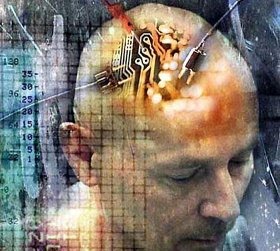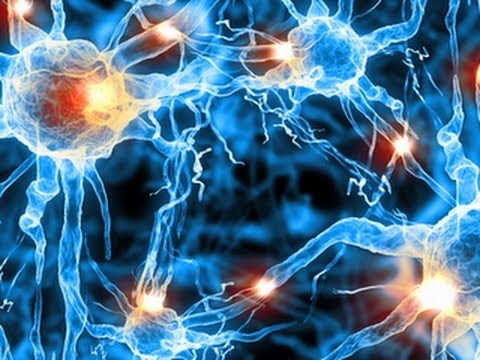The Defense Advanced Research Projects Agency, DARPA, is planning to reveal new advances in memory stimulation, ones that could potentially aid in the recovery of wounded soldiers’ memories or the memories of Alzheimer victims.
This research will be part of President Obama’s $100 million initiative to understand the human brain. DARAP plans to conduct a four-year research project to develop a highly sophisticated memory implant to be placed in the brain, specifically to help restore declarative memory.

Declarative memory is our recollections of people, events, and facts, and so far nobody has ever succeeded in reclaiming such memory when it is lost. While nobody has ever developed such technology before, DARPA scientists hope their research could aid in treatment of the 300,000 soldiers who suffered head trauma in Afghanistan and Iraq.
“If you have been injured in the line of duty and you can't remember your family, we want to be able to restore those kinds of functions,” said program manager Justin Sanchez, at the University of Texas. “We think that we can develop neuroprosthetic devices that can directly interface with the hippocampus, and can restore the first type of memories we are looking at, the declarative memories.”

So far, researchers have been able to reduce Parkinson disease tremors, and even stimulate some memory in Alzheimer patients through a technique known as deep brain stimulation that sends steady pulses of electricity directly into brain. However, that technique is not universally beneficial: memory is a tricky thing, and if DARPA researchers are going to succeed in creating their implant, their approach requires some fine-tuning.
“Memory is patterns and connections,” said Wake Forest University associate professor Robert Hampson, on Discovery. “For us to come up with a memory prosthetic, we would actually have to have something that delivers specific patterns.”
Source Discovery News
Advertisement





